Energy
Warum intelligente Zähler die Zukunft der Energie in Deutschland sind
By
Team Ostrom
17.10.2022

5
Min.

Ein intelligenter Zähler ist eine Art Energiezähler, der den Strom-, Gas- oder Wasserverbrauch in einem Gebäude oder Haushalt misst. Im Gegensatz zu herkömmlichen Zählern, bei denen ein Techniker den Zähler ablesen muss, können intelligente Zähler ihre Messwerte über eine drahtlose Verbindung an das Versorgungsunternehmen übermitteln. Dies ermöglicht die Überwachung des Energieverbrauchs in Echtzeit und die Verfolgung und Analyse von Daten, um Muster zu erkennen und die Energieeffizienz zu optimieren.
Einer der Hauptvorteile eines intelligenten Zählers ist, dass er genauere und zeitnahe Abrechnungsinformationen liefert. Da der Zähler die Messwerte automatisch übermittelt, gibt es weniger Raum für Fehler oder Betrug. Intelligente Zähler ermöglichen es den Kunden auch, ihren Energieverbrauch in Echtzeit zu verfolgen, was ihnen helfen kann, Geld auf ihren Rechnungen zu sparen. So kann ein Kunde zum Beispiel feststellen, dass sein Energieverbrauch zu bestimmten Tageszeiten in die Höhe schnellt und seine Gewohnheiten entsprechend anpassen.
Intelligente Zähler liefern nicht nur genauere Abrechnungsinformationen und helfen den Kunden, Geld auf ihren Energierechnungen zu sparen, sondern haben auch das Potenzial, den Versorgern dabei zu helfen, das Netz besser zu verwalten. Durch das Sammeln von Daten über das Energieverbrauchsverhalten können die Versorger die Energieverteilung optimieren und den Bedarf an teuren Infrastruktur-Upgrades verringern. Intelligente Zähler können den Versorgern auch helfen, schneller auf Ausfälle und andere Probleme zu reagieren, da sie Echtzeitdaten über den Zustand des Netzes liefern können.
Die Einführung von intelligenten Zählern ist in den verschiedenen Ländern Europas sehr unterschiedlich. In einigen Ländern wie Schweden, Finnland, Spanien und Italien ist die Einführung von intelligenten Zählern weit verbreitet, mehr als 90 % der Haushalte haben einen intelligenten Zähler installiert. In anderen Ländern, wie z.B. Deutschland und Österreich, ist die Verbreitungsrate mit weniger als 10% der Haushalte sehr viel niedriger.
Einer der Gründe für die langsamere Einführung von intelligenten Zählern in Deutschland sind die hohen Vorlaufkosten für die Installation. Die deutsche Regierung hat sich zum Ziel gesetzt, bis 2032 alle Haushalte, die mehr als 6.000 kWh pro Jahr verbrauchen, mit einem intelligenten Zähler auszustatten, aber bisher sind die Fortschritte nur langsam. Ein weiteres Problem ist, dass einige deutsche Verbraucher/innen zögern, zu einem intelligenten Zähler zu wechseln, weil sie Bedenken bezüglich des Datenschutzes und der Datensicherheit haben.
Trotz dieser Herausforderungen glauben viele Experten, dass intelligente Zähler die Zukunft des Energiemanagements sind. Ein Grund dafür ist, dass intelligente Zähler den Einsatz dynamischer Tarife ermöglichen. Dabei handelt es sich um variable Preisstrukturen, die den Kunden Anreize bieten, ihren Energieverbrauch in die Schwachlastzeiten zu verlegen. Ein Energieversorgungsunternehmen könnte zum Beispiel einen niedrigeren Tarif für den Energieverbrauch in der Nacht anbieten, wenn die Nachfrage geringer ist, um die Kunden zu ermutigen, Geräte und andere energieintensive Aufgaben während dieser Zeiten zu betreiben. Durch die Verlagerung des Energieverbrauchs in die Schwachlastzeiten können die Versorger die Belastung des Stromnetzes verringern und ihre Betriebskosten senken.
Zusammenfassend lässt sich sagen, dass ein intelligenter Zähler eine Art Energiezähler ist, der eine drahtlose Verbindung nutzt, um die Messwerte in Echtzeit an das Versorgungsunternehmen zu übermitteln. Intelligente Zähler liefern genauere Abrechnungsinformationen, helfen den Kunden, Geld bei ihren Energierechnungen zu sparen, und ermöglichen es den Versorgungsunternehmen, das Netz besser zu verwalten. Obwohl die Einführung von intelligenten Zählern in Europa von Land zu Land sehr unterschiedlich ist, werden sie als die Zukunft des Energiemanagements angesehen, da sie dynamische Tarife ermöglichen und den Energieverbrauch in die Schwachlastzeiten verlagern können. Vor allem Deutschland ist bei der Einführung von intelligenten Zählern im Rückstand, was an den hohen Vorlaufkosten für die Installation und den Bedenken hinsichtlich des Datenschutzes und der Datensicherheit liegt.




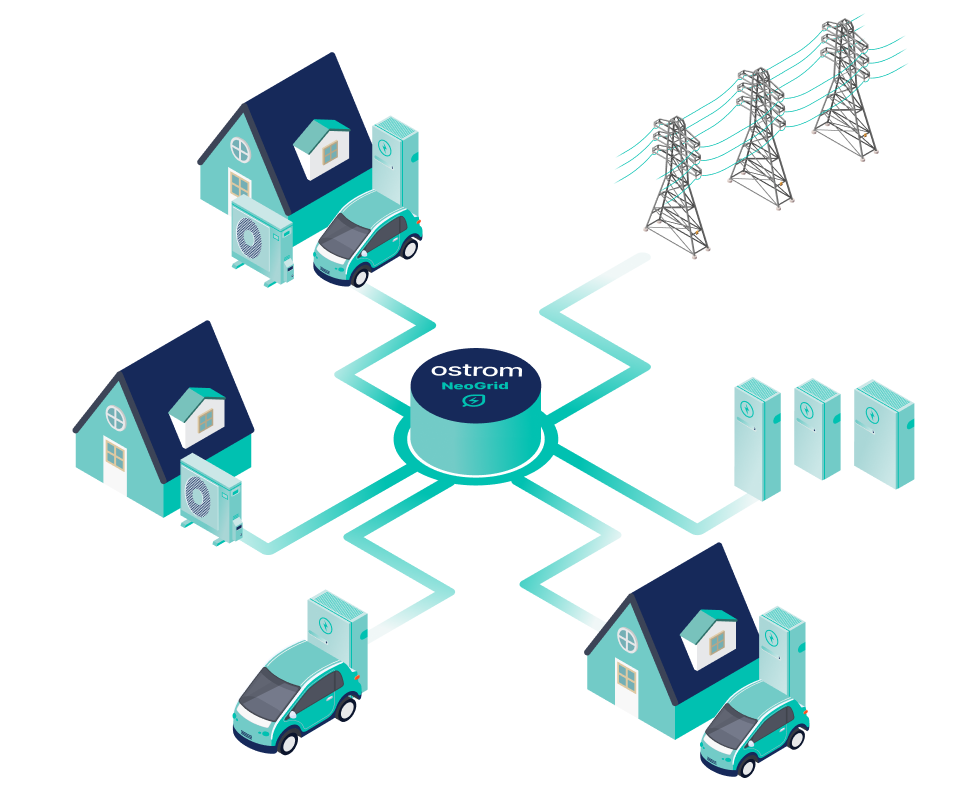

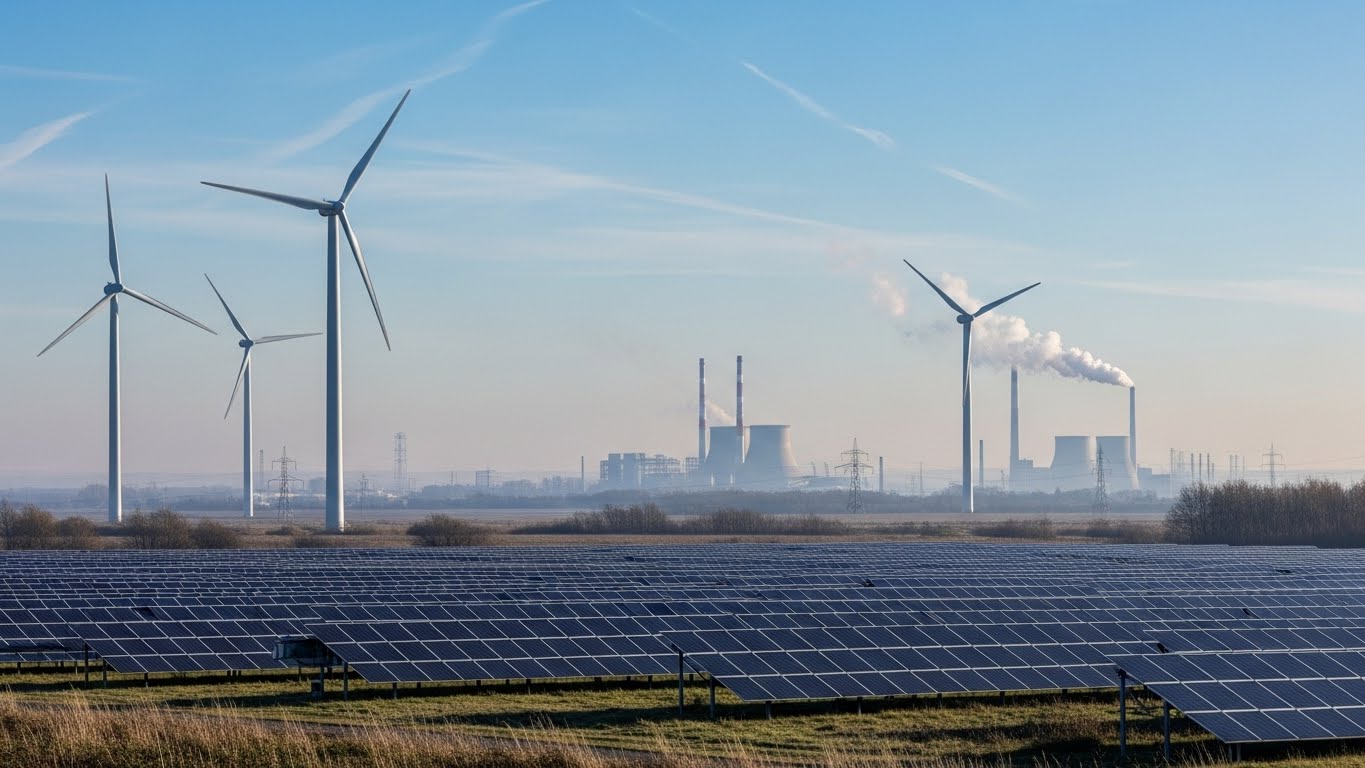

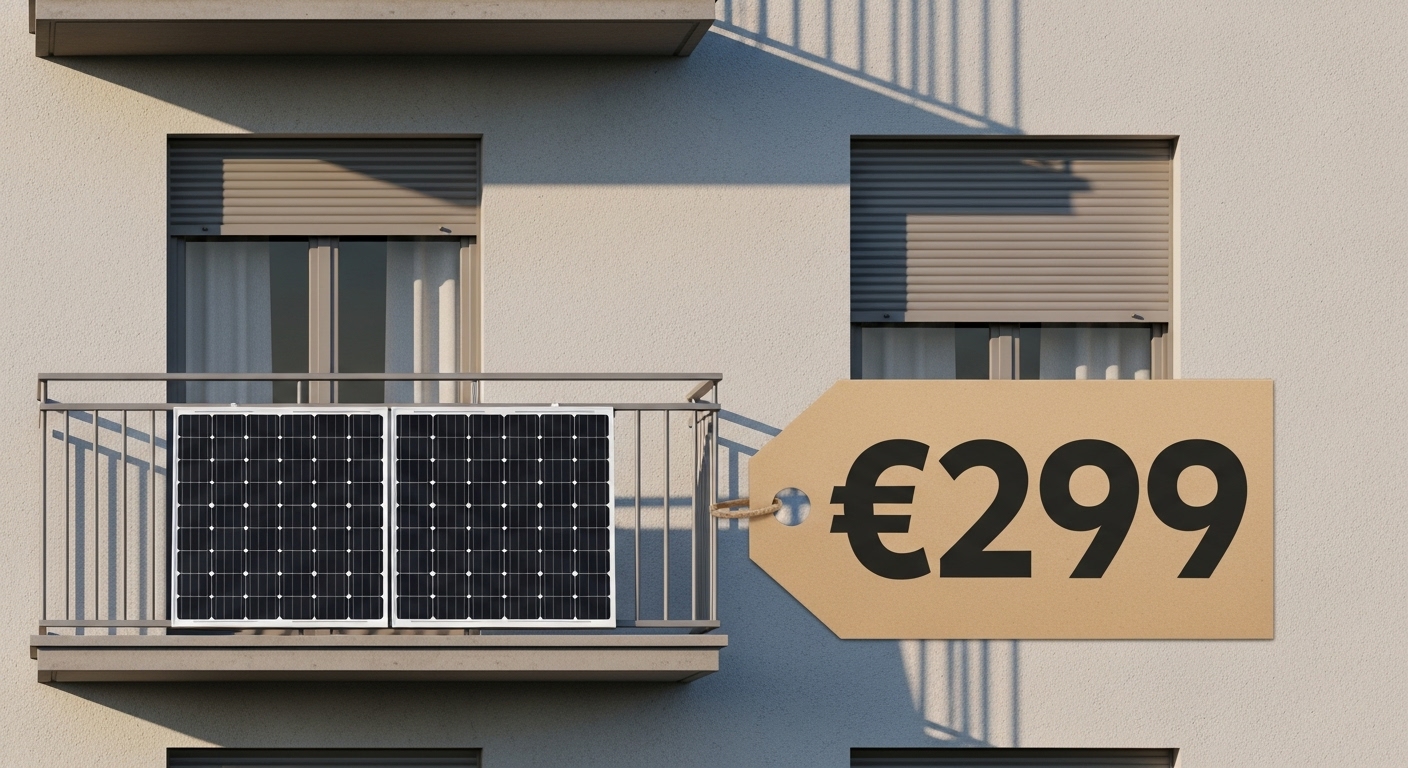

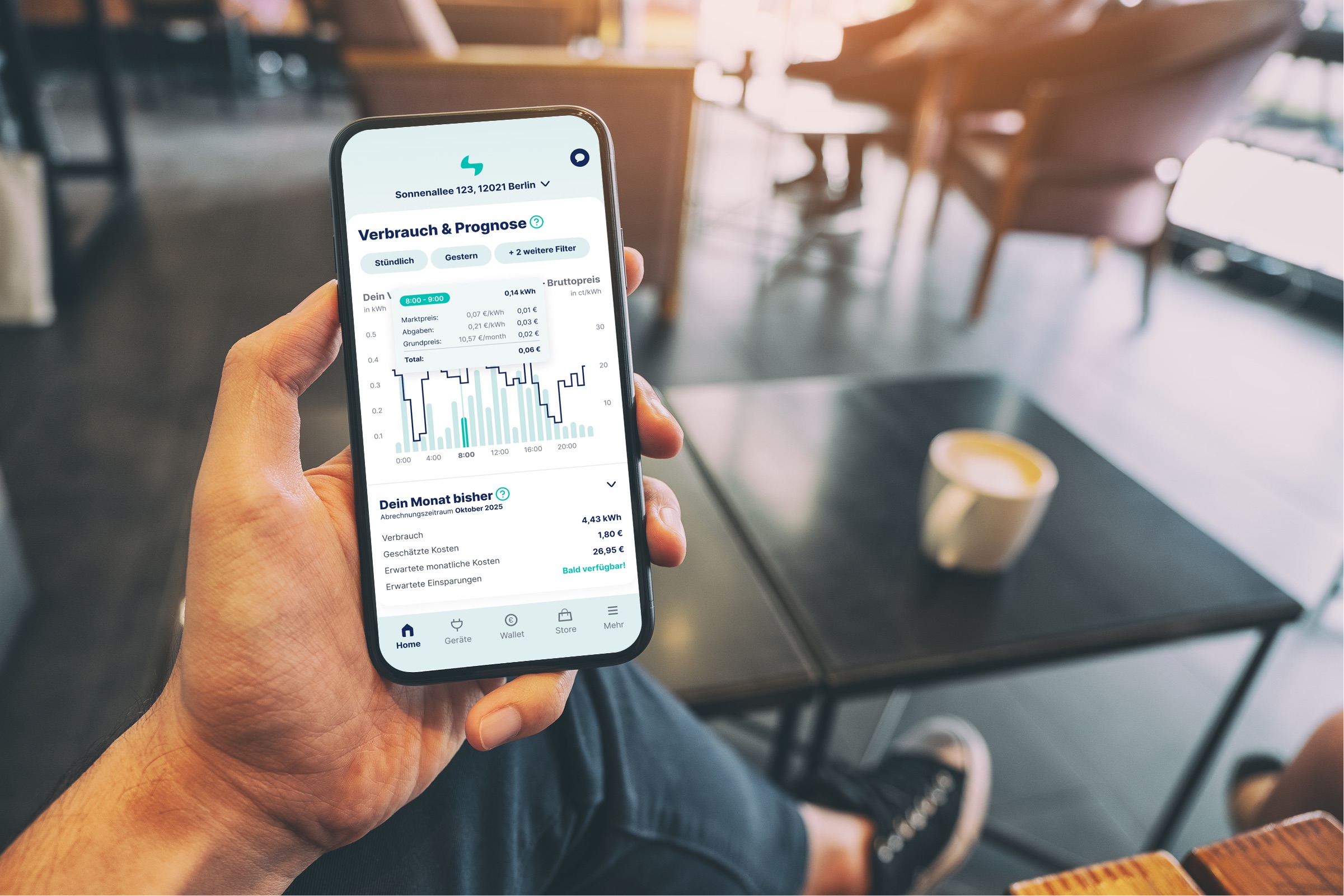
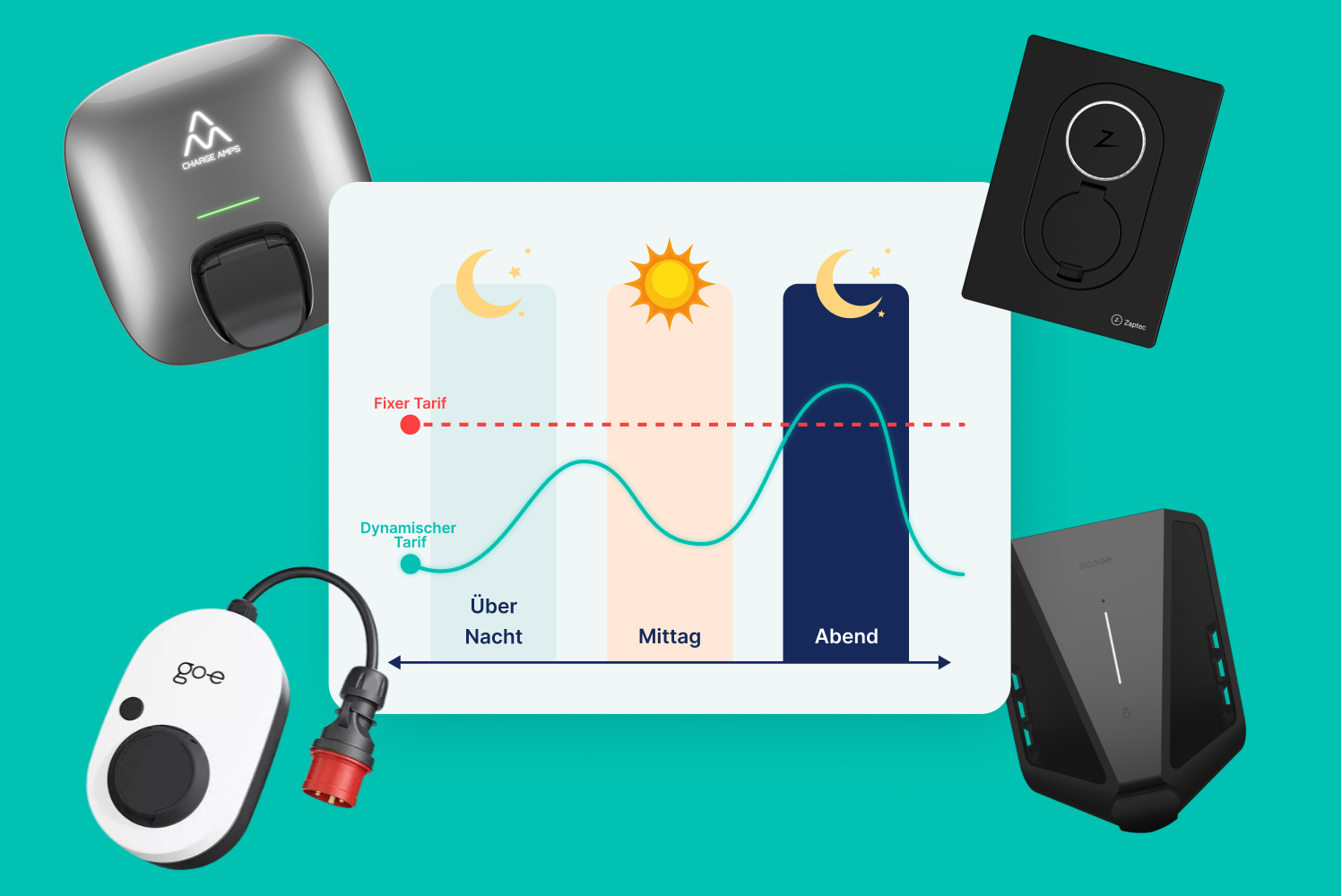
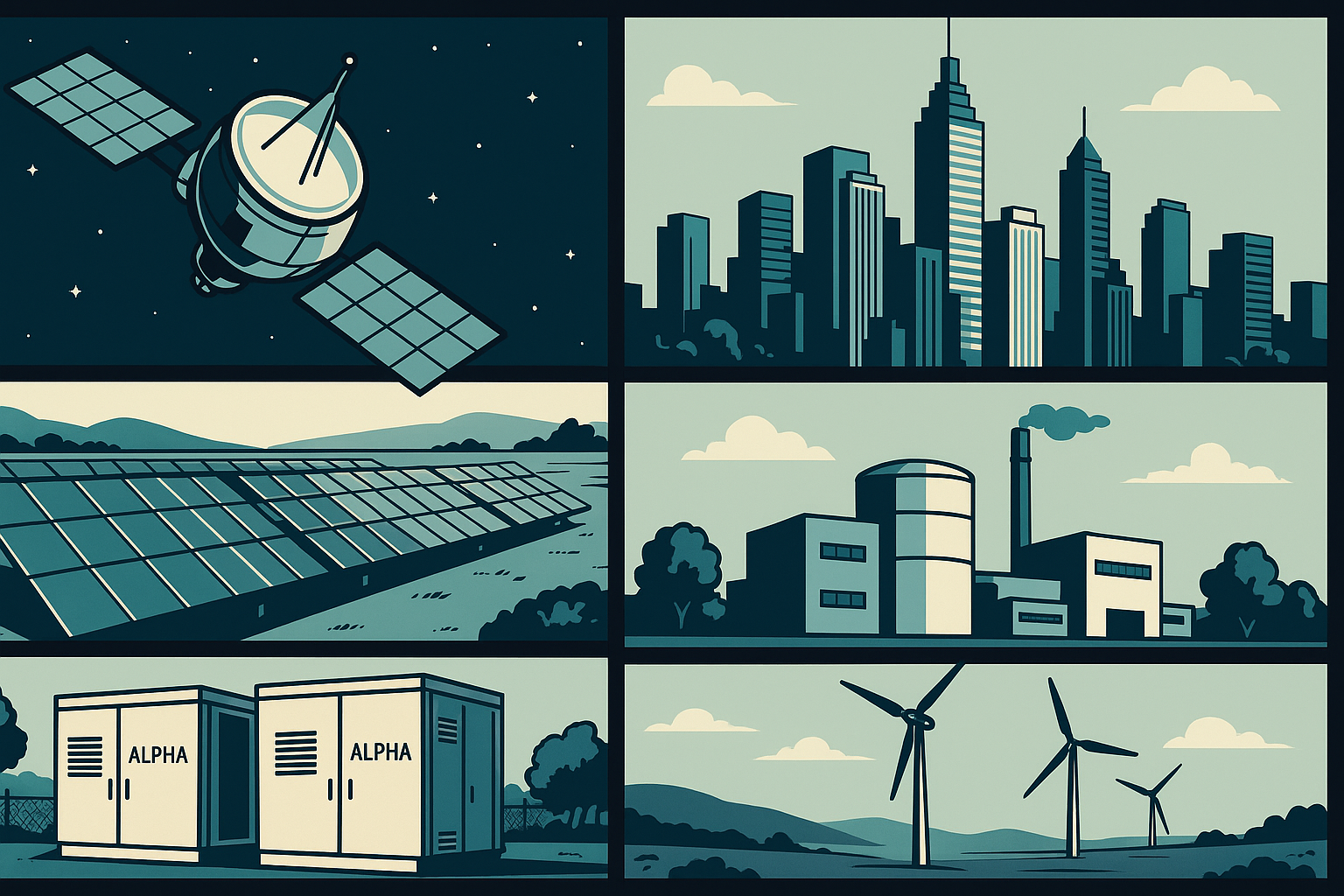


.avif)